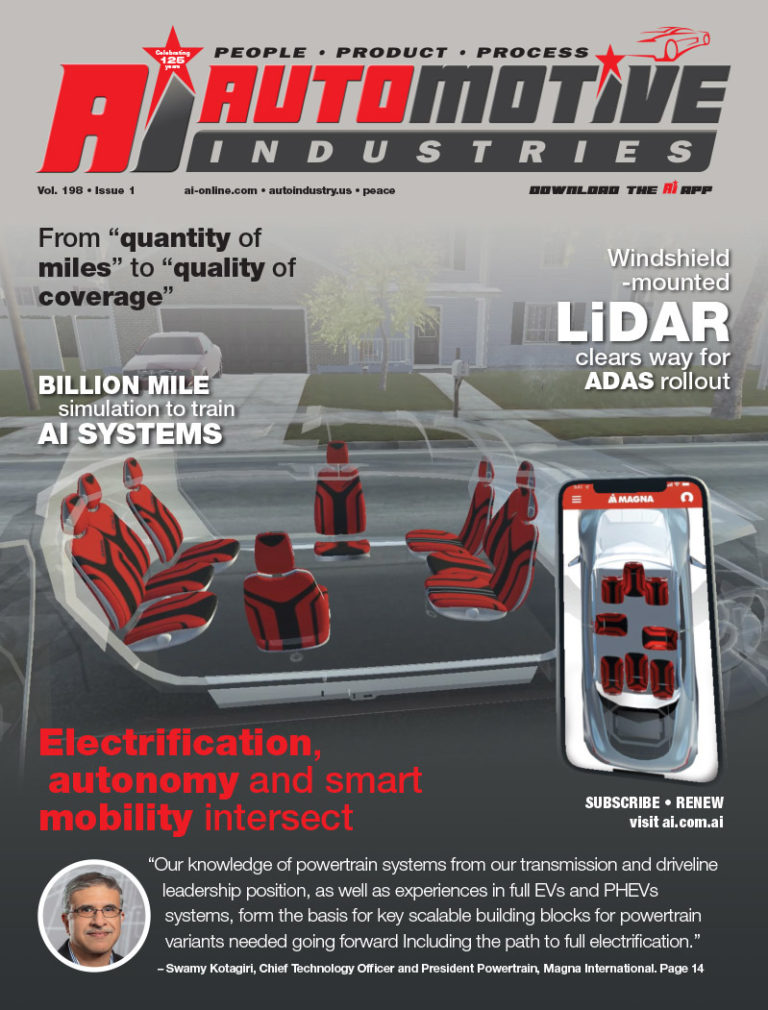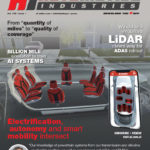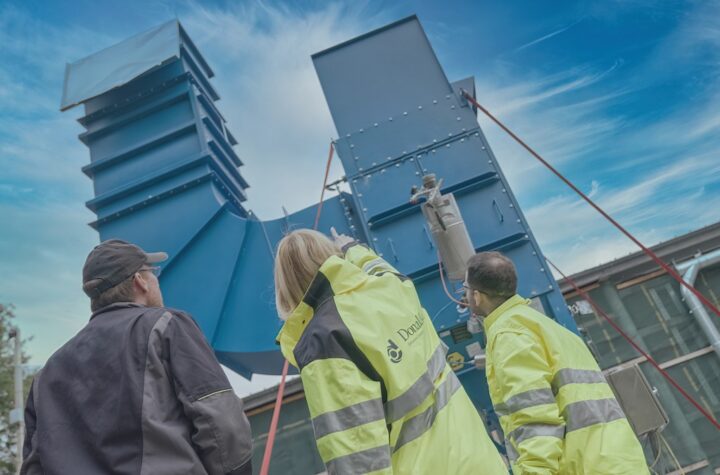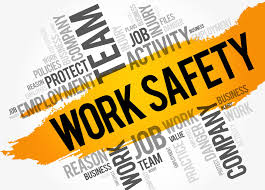Mitsui O.S.K. Line’s (MOL) car carrier division recently marked the fifth anniversary of its Four Continents Express Service with a monthly service to Puerto Cabello, Venezuela. According to MOL, the new monthly service will beef up the company’s existing South American coverage. The vessel will load from Europe and U.S. East coast and reach Puerto Cabello then go on to Santos and Zarate from where it will then make a return trip to South Africa and Europe. Destinations in Australia, New Zealand, India, East and West Africa are served with transshipment.
The Four Continents Express Service uses four dedicated pure car and truck carriers (PCTC) which can carry all kinds of rolling equipment including high/heavy and earthmoving machines. In 2004 MOL has launched a fleet expansion program with more than 20 advanced PCTC to be delivered until 2009. The Four Continent’s Express Service will only add to MOL’s global coverage.
The Tokyo-headquartered MOL was one of the first to launch Japan’s first ship designed to transport cars. Initially, it was launched solely to handle Japanese auto exports to the world. Today, MOL’s car carrier division serves automobile manufacturers all over the world. The cargo MOL transports includes everything from cars to construction machinery.
By the late 90’s, MOL’s car carrier division acquired the ISO 9002 quality certification. This covered MOL’s operations at its headquarters as well as at its subsidiaries in Japan, Europe and the United States. By 2000, the company had received the ISO 9001 certification for the rest of its operations.
MOL has introduced innovations like when last year; it launched a nature-based purification technology that cuts exhaust emissions from ships in port. The system uses oil extracted from timber thinned during forest maintenance which is already used as a biomass fuel in Japan. The fuel was developed jointly by MOL Group Company M.O Ship Management Co and the Hiroshima-based K.K Juon. The tree oil is sprayed into the ship’s exhaust pipe which allows more particulates to stick to the filter. This spray oil injection system for the main engine cylinders reduces particulate emissions by nearly 30%. MOL says the purification system also helps in reducing damage caused by exhaust emissions to the paintwork on cars while they are being loaded and unloaded.
The MOL pure car and truck carrier Utopia Ace won the ‘Ship of the Year Award’ sponsored by Anglo Eastern, during the Lloyd’s List Maritime Awards 2004 in Hong Kong. The ship features advanced technologies to reduce wind resistance by 8% and energy efficiency features reduce CO2 emissions by around 14%. Furthermore the advanced technologies lower the risk of oil spills.
For MOL, it is imperative as one of the worlds largest shipping companies to keep introducing new technology to improve cost situation in the car carrier business. The company, which started operations way back in 1878, operates a total of 646 vessels which include container-ships to tankers, LNG to various types of specialized vessels including pure car carriers or PCCs and PCTCs.
MOL’s advanced logistics network covers Asia, Russia, Africa, South America, Australia, and New Zealand, with links to key east-west routes. In all, it serves about 40 routes all over the world. MOL owns eight container terminals in Japan and other key ports around the world such as Tokyo, Yokohama, Osaka, Kobe, Los Angeles, Oakland, Seattle, and Bangkok. MOL has used IT to improve its customer offerings – its Starlink system can be customized to different customer needs and the company is developing a customized interface with its warehouse management system.
Other firsts for MOL include the fact that the company opened car compounds in Melbourne and Brisbane in the early 90s. This helped provide comprehensive logistics support for car imports – everything from inventory control, off-loading, washing of vehicles to the installation of audio and other systems, can be handled at these compounds. This reduced costs for consumers and also minimized the risk of damage by eliminating the need to transport cars by trucks to inland processing centers.
MOL’s offices globally have dedicated car and ro-ro staff. The company recently opened offices in China and Russia and a new car terminal in Guangzhou China.
Most of MOL’s shipping routes still originate from Japan since Japan remains the largest exporter of cars. Fifty per cent of global car exports are from Japan. However, today, MOL is looking at improving services at other destinations. That is where its new Puerto Cabello service comes in.
Automotive Industries spoke to Rudolf Luttmann, general manager of Mitsui O.S.K Bulk Shipping in Hamburg about the future of the Four Continents service and other such services.
AI: Why is the new Puerto Cabello service important?
Customer demand for shorter transit times and growing volumes require and allow direct call.
AI: Will the Four Continents Express service be further expanded? If so, to which countries?
We are serving ports in Europe, U.S. East Coast, Mexico, Venezuela, Brazil, Argentina, and South Africa now. Not so much spare time in our schedule for additional ports.
AI: Will it become the norm to offer specialized destinations in order to avoid busy ports?
We are always following customer demands and try to develop tailor-made solutions together with our clients.
AI: How has the slump in automobile manufacturing in North America affected MOL’s car carrier business?
This has put even more pressure on the already tight tonnage situation.
AI: Is MOL increasingly focusing on its home turf Asia, thanks to this downturn? If so, then which countries in Asia are you upbeat about?
We are trying to cope with all makes as our home turf is the world. But the demand from Japan and Korea is increasing and there is no room for slack in the system any more. We are looking at all areas to speed up operations and avoid waiting.
Due to this expansion into new areas is not top priority right now. Latest new activities are our new service from India to South Africa and the service for the exports from China.
AI: How do you view business potential in Europe?
Since many years we operate our Short Sea Service from Derince in Turkey to North Europe incl. UK and Ireland. We could do more but presently the tonnage situation does not allow us to expand further.
AI: What are some of the challenges MOL faces today in view of rising oil prices?
The well known situation in the Automotive Industry makes it extremely difficult to pass the cost increase on to the customer. We are looking at all our cost drivers to find areas for improvement.
AI: What are some of the new products MOL plans to offer?
We are looking at South Africa, Brazil and Argentina, China and India. Logistics services like terminals and inland distribution are developed wherever required by the customers. The developments in Europe for our Short Sea Service are always under special surveillance.
AI: Do you have any plans to increase the number of car compounds globally – if so, where and why?
We are willing to develop logistics services such as terminals, inland distribution or other services if it supports our core business, which is shipping. Such concepts and services are developed in close cooperation and partnership with our clients. This includes the development of IT solutions which cover the process from factory to dealer.














































 Honda Expands R&D Capabilities in America With Groundbreaking for Acura Design Center in California
Honda Expands R&D Capabilities in America With Groundbreaking for Acura Design Center in California Tanjung Pelepas as an automotive hub
Tanjung Pelepas as an automotive hub


